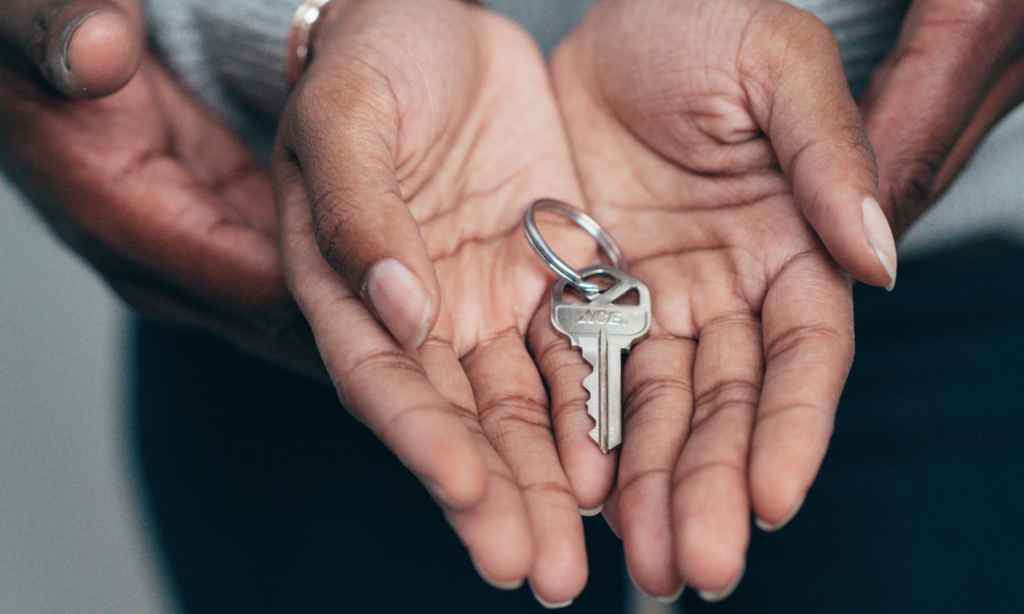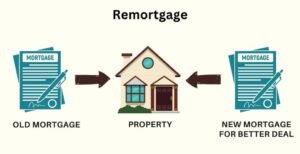
So you’ve navigated the exciting (and sometimes stressful) world of house hunting and secured an offer accepted on your dream home. Now comes the next phase: finalising the purchase. But how long does this actually take?
While popping champagne and celebrating with the “Sold” sign in the yard might be tempting, there’s still some waiting involved. This guide will shed light on the typical timeline for completing a property purchase, helping you manage expectations and prepare for the home stretch.
The Great Balancing Act: A Few Factors to Consider
The timeframe for completing a property purchase can vary depending on several factors:
Mortgage Approval: If you haven’t secured mortgage approval yet, this can add weeks to the process. Ensure you have all the necessary documents in order and communicate clearly with your lender. Are you one of our clients? We take care of this on your behalf making sure your mortgage is taken care of proactively, so it doesn’t risk slowing down the transaction unnecessarily.
The Legal Maze: Conveyancing: The legal process of transferring ownership, handled by solicitors/conveyancers, can take time. The complexity of the property and the efficiency of the legal teams involved will influence the timeline.
The Chain Reaction: Are you part of a property chain? If multiple house purchases are linked (seller reliant on funds from your purchase to buy their new home, and so on), delays in any part of the chain can impact your completion date.
Local Authority Searches: These searches uncover vital information about the property, such as planning restrictions or potential environmental hazards. The turnaround time for these searches can vary depending on your local authority.
A Rough Roadmap: Anticipated Timeframes
While there’s no one-size-fits-all answer, here’s a general timeframe to give you an idea:
Offer Accepted to Exchange Contracts (2-6 months): This stage involves legal checks, mortgage valuation surveys, and local authority searches. Once all parties are satisfied, contracts are exchanged, making the sale legally binding.
Exchange of Contracts to Completion (1-4 weeks): After contracts are exchanged, completion involves finalising paperwork, transferring funds, and handing over keys. The timeframe here depends on the efficiency of conveyancers and any outstanding issues in the chain.
So, what can you do to streamline the process?
Be Prepared: Having your mortgage application pre-approved demonstrates you’re a serious buyer and can potentially speed things up.
Communication is Key: Maintain clear communication with your solicitor, estate agent, and mortgage broker/lender. Keep them updated on progress and any potential delays on your end.
Stay Patient: The house buying process can feel slow at times. While it’s important to stay on top of things, try to relax and trust the professionals involved.
Remember: The completion timeframe can vary, but with an understanding of the process and proactive communication, you can navigate the home stretch with a sense of calm and confidence. Soon enough, you’ll be celebrating that housewarming party and turning your dream home into a reality!






